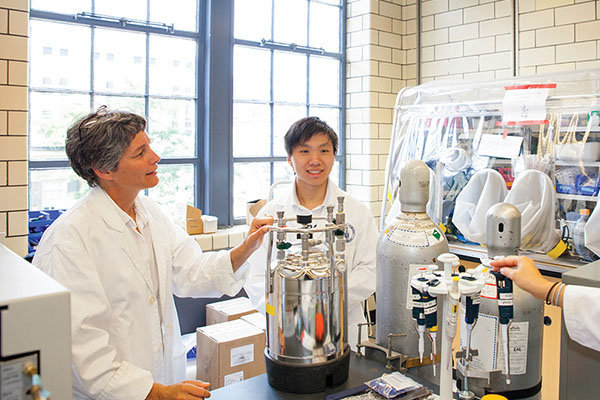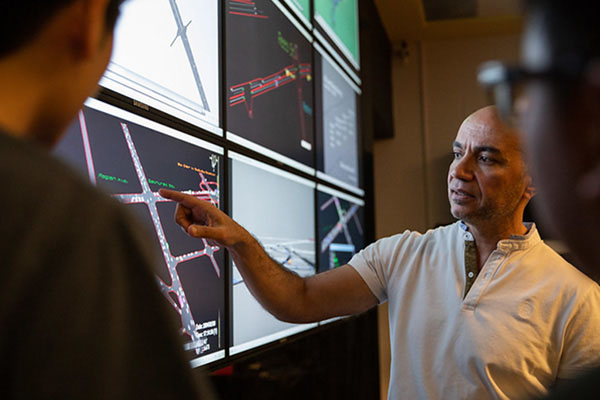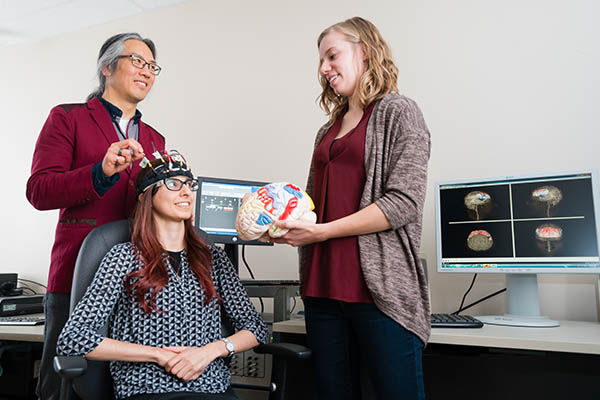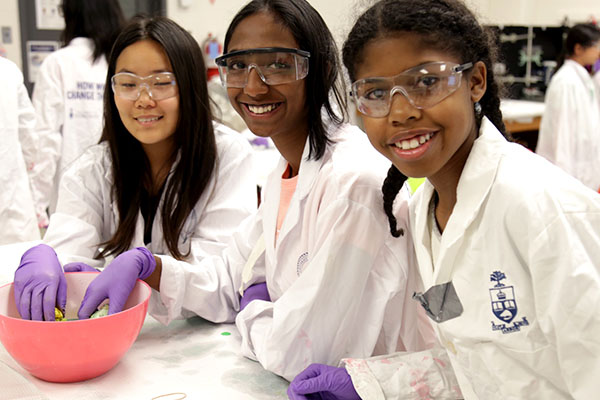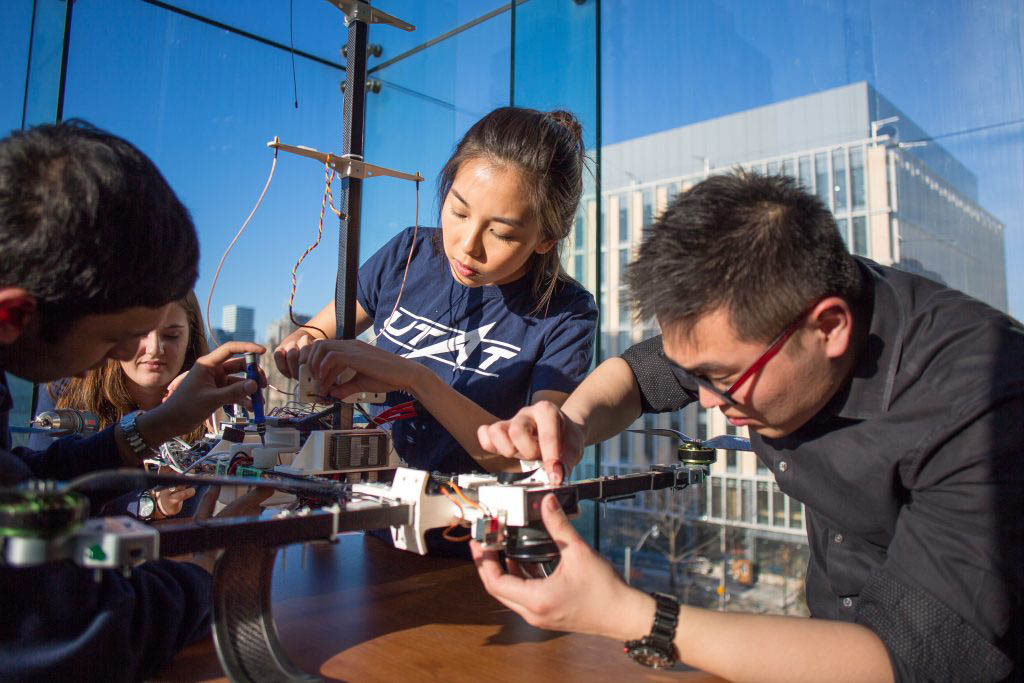Interested members of the U of T community who would like to attend the seminars can email Kendra Hunter at hunter@mie.utoronto.ca
Professor Michael McAlpine
University of Minnesota (Department of Mechanical Engineering)
3D Printing Active Electronic Devices
Abstract
The ability to three-dimensionally pattern semiconducting electronic and optoelectronic materials could provide a transformative approach to creating active electronic devices without the need for a cleanroom or conventional microfabrication facilities. This could enable the generation of active electronics on-the-fly, using only source inks and a portable 3D printer to realize electronics anywhere, anytime, including directly on the body. Indeed, interfacing active devices with biology in 3D could impact a variety of fields, including biomedical devices, wearable electronics, bioelectronics, smart prosthetics, and human-machine interfaces. Developing the ability to 3D print various classes of materials possessing distinct properties will enable the freeform generation of active electronics in unique functional, interwoven architectures. Yet, achieving seamless integration of these diverse materials via 3D printing is a significant challenge which requires overcoming discrepancies in material properties in addition to ensuring that all the materials are compatible with the 3D printing process. We will present a strategy for three-dimensionally integrating diverse classes of materials using a custom-built 3D printer to create fully 3D printed device components built around active electronics. As a proof of concept, we have 3D printed quantum dot-based light-emitting diodes (QD-LEDs), polymer-based photodiodes on curvilinear surfaces, flexible displays, and skin-interfaced hybrid devices. These results represent a series of critical steps toward the 3D printing of high performance, active electronic materials and devices.
Biography
Michael C. McAlpine is the Kuhrmeyer Family Chair Professor of Mechanical Engineering at the University of Minnesota. He received a B.S. (2000) in Chemistry with honors from Brown University, and a Ph.D. (2006) in Chemistry from Harvard University. His research interests are focused on 3D printing functional materials & devices for bioelectronic applications, with recent breakthroughs in 3D printed OLED displays and 3D printed bionic eyes (one of National Geographic’s 12 Innovations that will Revolutionize the Future of Medicine). He has received several awards for this work, including the Presidential Early Career Award for Scientists and Engineers (PECASE), and the National Institutes of Health Director’s New Innovator Award.
MIE’s Distinguished Seminar Series features top international researchers and leading experts across major areas of Mechanical Engineering and Industrial Engineering. The speakers present about their latest research and offer their perspectives on the current state of their field. The seminars are part of the program requirements for MIE Master of Applied Science and PhD students. The Distinguished Seminar Series is coordinated for 2022-2023 by Assistant Professor Merve Bodur.
View all upcoming MIE Distinguished Seminars.




